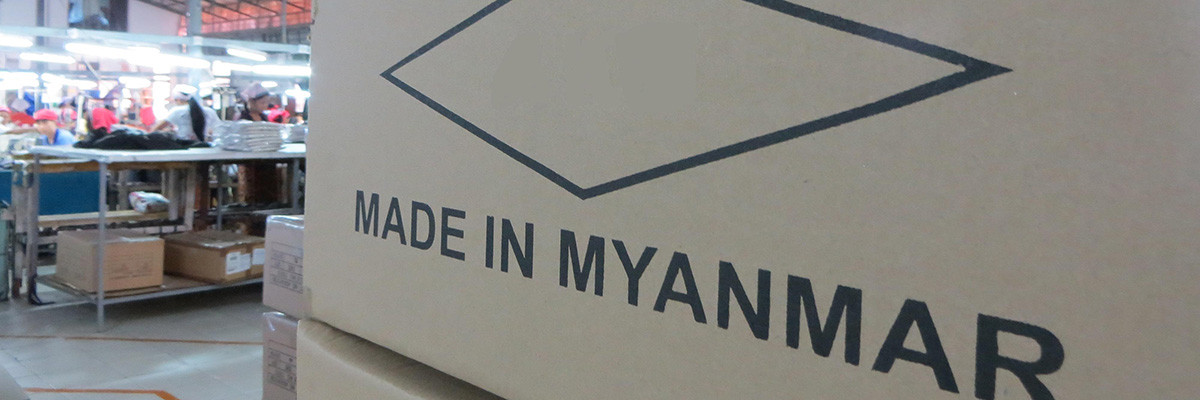
Authors
-
Jeremy Prepscius
Former Vice President, Asia-Pacific, BSR
-
Paolo Fresia
Former Associate, BSR
-
Rosa Kusbiantoro
Former Director, Transformation, BSR
Following promising signs of democratic reform in Myanmar, the United States and European Union lifted sanctions on the country in 2012. Since then, international companies have had an opportunity to support this transition and help the people of Myanmar achieve a more prosperous future. To help make this a reality, the garment sector should work proactively and collaboratively with a wide range of stakeholders to establish a comprehensive approach for responsible sourcing in Myanmar.
The garment industry has an opportunity to support the democratic transition and benefit from entry in a recently opened market. Strengthened, locally appropriate social-compliance efforts remain a necessary risk-management tool for this sector. However, this is not sufficient to build better factories, let alone better societies. To address the root causes of challenges at both the systemic and factory level, we need context-specific, multistakeholder, and collaborative solutions.
The industry can achieve this in Myanmar by proactively engaging on environmental, social, and governance (ESG) issues and working to form long-term partnerships that build capacity both within the industry and at the systemic level. Ultimately, these opportunities also represent tremendous long-term business value because they support and accelerate the development of an efficient and sustainable garment-manufacturing sector in Myanmar.
One year after starting a dialogue on the topic, BSR is launching new Principles of Responsible Sourcing for Myanmar’s garment sector. The principles were informed by the UN Guiding Principles on Business and Human Rights, ILO conventions, and consultations with more than 20 local stakeholders.
Responsible sourcing means complementing conventional social-compliance efforts with:
- Sustainability leadership: Demonstrate to local factories and stakeholders, including the government of Myanmar, that continuous improvement of ESG conditions is linked to bottom-line benefits, such as regular order flow, employee loyalty, and higher productivity. This will help generate more jobs and accelerate sustainable growth.
- Enhanced due diligence: Recognize that individual company efforts will not be sufficient for comprehensive risk management in Myanmar, and work collaboratively to share lessons and best practices.
- Comprehensive stakeholder engagement: Include a broad range of relevant voices in policy and other decision-making processes to ensure that garment sourcing in Myanmar contributes to improved social and environmental standards, tailored to the country’s needs.
- Transparency and accountability: Communicate a clear vision for responsible sourcing, grounded in international norms and best practices, and define shared accountability mechanisms with specific responsibilities for different parties.
To provide context for the principles and drive progress, BSR has published a white paper that highlights four priorities for action in Myanmar: strengthening industrial relations, developing modern human resources practices, eradicating child labor, and securing land rights.
We invite garment-sector stakeholders to join BSR’s Myanmar Responsible Sourcing Working Group, which will take specific, on-the-ground actions that generate long-term impacts. Sourcing garments responsibly from Myanmar is an opportunity for the garment industry to shift its traditional paradigms and develop a more sustainable operating model, which can be replicated globally.
For more information about the Responsible Sourcing Working Group, please email us at myanmarresponsiblesourcing@bsr.org. BSR will also explore these issues at our annual Conference in New York November 4-6. Visit our agenda page for more details.
BSR’s latest sustainability insights and events straight to your inbox.
Let’s talk about how BSR can help you to transform your business and achieve your sustainability goals.